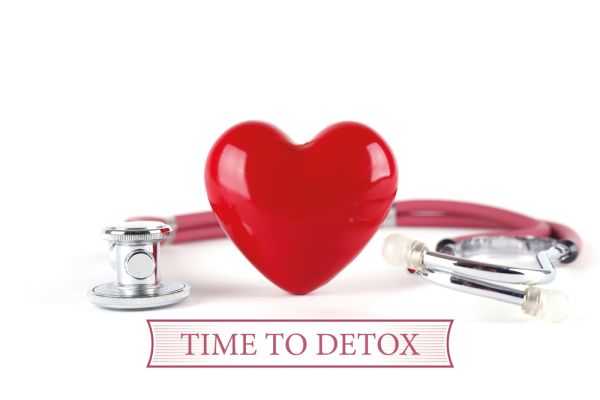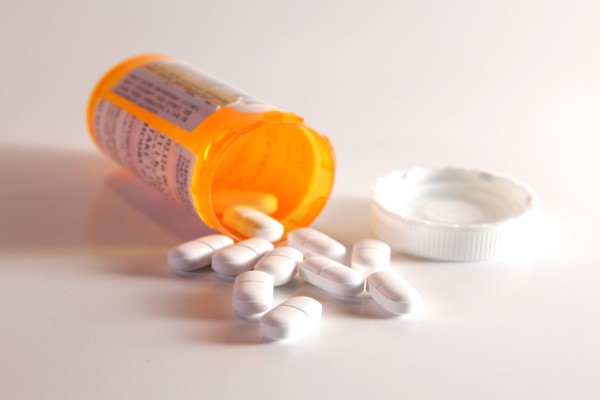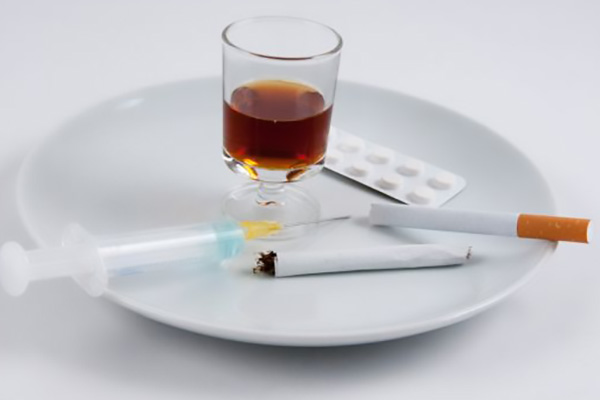The Dangers of Alcohol Withdrawal

As you begin to go through alcohol withdrawal during your recovery journey, you may find yourself facing a slew of unpleasant side effects over a period of hours and days. Unfortunately, these symptoms can become devastating for many individuals, leading to harmful mental and physical issues that may require professional treatment.
Withdrawal effects
Symptoms of withdrawal can range from mild to severe depending on the individual.
Mild symptoms
In some, alcohol withdrawal presents itself in symptoms that are relatively easy for a person to manage. There are both mental and physical effects at this stage, and typically range from headache and nausea to palpitations and anxiety. Tremors and insomnia are relatively common as well.
Some people experience these symptoms in the earliest stages of withdrawal and then continue to suffer from worsening issues as the detox continues. Others may never experience more than these.
Generally speaking, if a person doesn’t begin to experience other symptoms within 24 hours of consuming their last alcoholic beverage, the experience may be contained within the “mild” side of the spectrum. Some severe symptoms, however, may not manifest until days after abstinence has begun.
Moderate symptoms
These symptoms typically begin appearing anywhere from 24 to 72 hours after the last alcoholic drink was consumed. People who begin to develop moderate symptoms can suffer from a number of physical problems including:
- High temperatures
- Rapid heartbeat
- Sweating
- Rapid and shallow breathing
- Increased blood pressure
The biggest mental sign of moderate withdrawal symptoms is confusion. This can range from mild to severe and may bring about other mental or physical problems like anxiety or high blood pressure.
Again, some may find that this is as far as their symptoms worsen, but there are others who may experience even more serious issues.
Severe symptoms
Anywhere from two to four days after the last drink, signs of severe withdrawal may begin to appear. In this stage, a sufferer may experience auditory or visual hallucinations, seizures, impaired attention and disorientation. Prior symptoms may re-emerge or worsen.
While symptoms typically begin to decrease or even resolve after five to seven days, some experience symptoms for weeks. Severe symptoms are more likely to last longer. It is recommended to obtain professional help to ensure an individual can safely weather the withdrawal until symptoms begin decreasing.
Quitting cold turkey
Complications can occur if a person attempts to quit drinking without any medical supervision. Some of the aforementioned symptoms may be signs of alcohol withdrawal syndrome and can include delirium tremens. These things can potentially result in physical trauma, metabolic problems or even cardiac complications. Some cases have led to coma or death through issues with the lungs or heart.
Conclusion
It can be tempting to quit drinking cold turkey after making the decision to get help for alcoholism. The symptoms of alcohol withdrawal can be more than just painful — they can be downright harmful or even lethal. Because of this, it is crucial for those planning to quit drinking to have the proper professional support and guidance needed to embark on a recovery journey.
Request an appointment here: https://www.joelnathanmd.com or call Joel Nathan, MD at (347) 237-7944 for an appointment in our New York office.
Check out what others are saying about our services on Yelp: Read our Yelp reviews.
Recent Posts
In the world of high-level pain killers, Percocet® is a very powerful and effective drug. A combination of the semi-synthetic opiate oxycodone and acetaminophen, it is a fast-acting and long-lasting drug. Pain relief can be immediate and last for up to five hours. It is commonly prescribed for patients for those very reasons.Percocet is a…
Learning what drugs a substance abuse treatment center can treat is necessary, as not all treatment centers provide treatment for every type of drug. According to the Addiction Center, alcohol is a drug, as it is classified as a central nervous system (CNS) depressant.Understanding substance abuse treatment first requires one to understand what it means…
Want to understand more about how drug addiction counseling works? The job of a drug addiction counselor is to help their patients overcome their addiction to drugs. They do this by offering counseling services, such as individual counseling sessions, group counseling sessions and family counseling sessions. Drug addiction counselors tend to work in drug rehab…
When dealing with addiction, finding a good drug detox program is crucial for your long-term success. First and foremost, a detox program should be focused on helping you kick your habit. Once the harmful effects of the drugs are out of your system, the program should move on to treating you and training you for…


